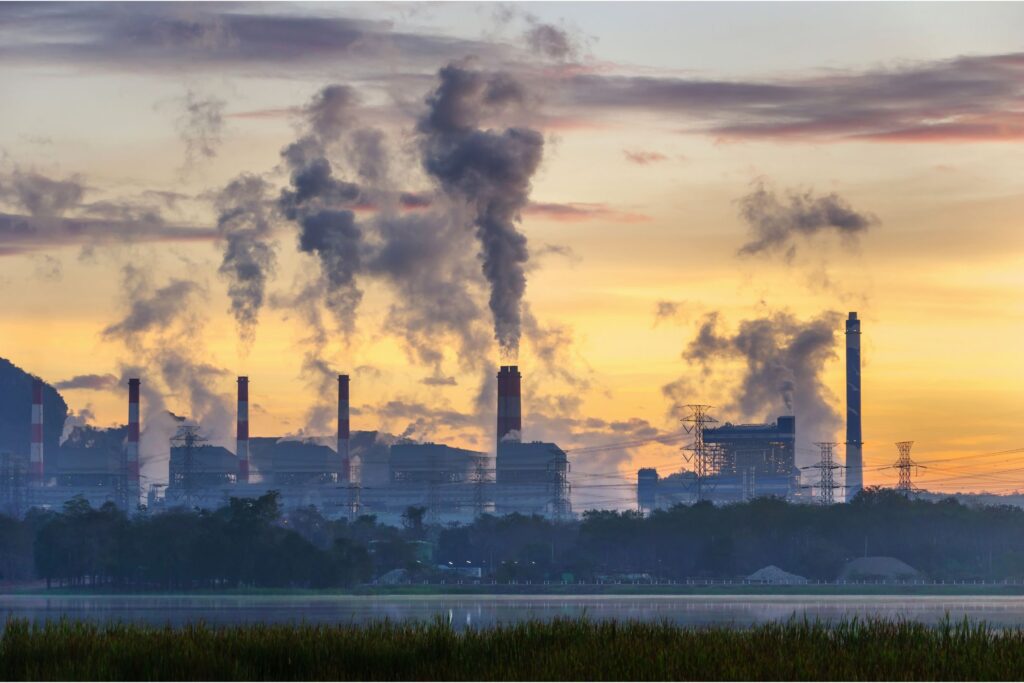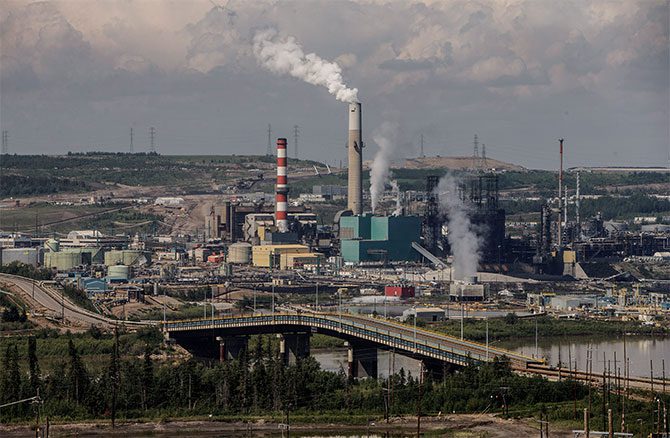Ottawa | Traditional, unceded territory of the Algonquin Anishinaabeg People – A new report released today by Environmental Defence, Past Due: Tallying the Costs of Oil and Gas Cleanup in Canada, finds that oil and gas companies could use their profits to cover the costs of environmental cleanup – which are currently estimated at $123 billion but could increase up to $220 billion – but must be forced by governments to do so.
“Oil and gas companies have profited for decades from the destruction of the land,” said Julia Levin, Associate Director of National Climate at Environmental Defence. “Despite promising to clean up after themselves, they’ve used their massive profits to line the pockets of their executives and shareholders – hoping that no one will hold them accountable for the environmental damage they have created.”
To get a sense of the scale of Canada’s fossil fuel industry’s current and future liabilities, and what governments should do about them while companies are still producing oil and gas, Environmental Defence Canada commissioned the Parkland Institute to explore three questions:
- How much Canadian oil and gas production is remaining within climate-safe temperature limits?
- What are the current and future costs of cleaning up the damages left behind by fossil fuel companies?
- How much profit will oil and gas companies generate?
“In light of Canada’s climate commitments, we wanted to find out the balance between how much Canada’s oil and gas industry has left to profit compared to the growing cost to clean up its mess,” said report author, Megan Egler, Parkland Institute. “There is a real lack of transparency around environmental liabilities in the industry, but all three scenarios we modelled tell us that companies need to be putting a lot more money toward cleanup.”
The report examines three different scenarios for remaining levels of oil and gas production. (Realistically, production will need to be phased out rather than coming to a full halt at the end of the given time periods. However, these three scenarios serve as discussion points.) For each scenario, the report authors estimate both future liabilities and future profits.
- A “Fair Share” scenario, with Canada’s oil and gas production ending almost immediately, by the end of 2023. This scenario is not politically realistic, but is the only scenario which aligns with global equity, considering Canada’s historical emissions and ability to transition.
- An “Economically Efficient” scenario, with current production levels continuing for six years. This considers the allowable cumulative greenhouse gas emissions from 2022 to 2050 while staying within the 1.5°C goal. Canada’s capacity to reduce emissions is taken into account, but it does not consider Canada’s historical emissions.
- A “Business As Usual” scenario, with current production levels maintained until 2040. This scenario ignores global equity.
Key Findings
- Current oil and gas industry environmental liabilities: at least $123 billion, which include the costs of cleaning up oil and gas wells, oil sands mines and tailings ponds. (Due to a lack of available data, pipelines and facilities such as refineries are not included in this report’s estimates.)
- Under the “Economically Efficient” scenario, at least 37 per cent of industry profits must go to paying for the cleanup of the oil and gas sector’s environmental liabilities. Even with longer phaseout timelines in the “Business As Usual” scenario, nearly 20 per cent of profits must go to environmental cleanup.
- Oil and gas corporate profits can cover cleanup costs. Public funding for the cleanup of environmental liabilities is unnecessary and would be an inefficient subsidy to oil and gas corporations.
“Oil and gas companies have a few years of profitable production left before they will need to phase out,” said Alienor Rougeot, Climate and Energy Program Manager, Environmental Defence. “There is no time to waste. Governments must take immediate action to ensure oil and gas company profits go towards cleaning up the industry’s massive environmental liabilities – instead of enriching shareholders.”
The full report is available here.
ABOUT ENVIRONMENTAL DEFENCE (environmentaldefence.ca): Environmental Defence is a leading Canadian environmental advocacy organization that works with government, industry and individuals to defend clean water, a safe climate and healthy communities.
– 30 –
For more information or to request an interview, please contact:
Allen Braude, Environmental Defence, media@environmentaldefence.ca






